Imagine savoring a steaming plate of Pad Thai noodles, a symphony of sweet, sour, and savory flavors dancing on your taste buds. Now, picture sprinkling a handful of perfectly roasted peanuts on top, adding a delightful crunch that elevates the dish to a whole new level. Roasted peanuts are not just a topping; they are a crucial element that completes the iconic Thai dish, Pad Thai. In this article, we delve into the world of roasted peanuts, exploring their history, nutritional benefits, culinary applications, and how they enhance the flavors and textures of Pad Thai. The History of Roasted Peanuts: Peanuts, scientifically known as Arachis hypogaea, are believed to have originated in South America.
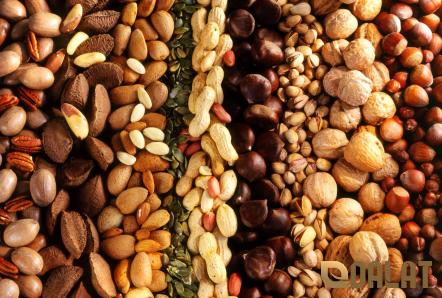
.
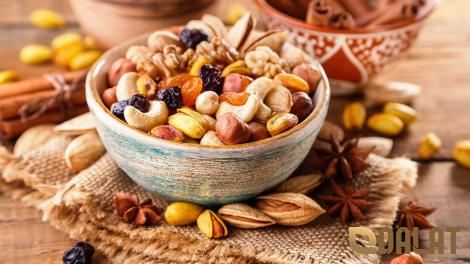 They have been cultivated for thousands of years and are now grown in various parts of the world. Peanuts made their way to Asia, particularly Thailand, where they became a staple ingredient in many Thai dishes, including the beloved Pad Thai. Roasting peanuts is a culinary technique that dates back centuries. Originally done over an open flame or in hot sand, roasting peanuts brings out their rich, nutty flavor and creates a satisfying crunch. In the context of Pad Thai, roasted peanuts add a textural contrast to the soft noodles and tender proteins, creating a harmonious blend of flavors and sensations. Nutritional Benefits of Roasted Peanuts: Roasted peanuts are not just a tasty addition to Pad Thai; they also offer a range of health benefits. Peanuts are a good source of protein, making them a valuable plant-based option for those following a vegetarian or vegan diet. They are also rich in essential nutrients such as vitamin E, magnesium, and folate. One of the key benefits of roasted peanuts is their healthy fat content. Peanuts are high in monounsaturated and polyunsaturated fats, which have been linked to heart health. These fats can help lower LDL cholesterol levels, reducing the risk of heart disease. Additionally, peanuts contain antioxidants, such as resveratrol, that help protect cells from damage and inflammation. Incorporating roasted peanuts into your diet can also help with weight management. Despite being calorie-dense, peanuts are satiating, meaning they can help you feel fuller for longer and prevent overeating. When enjoyed in moderation, roasted peanuts can be a nutritious and satisfying snack or addition to dishes like Pad Thai. Culinary Applications of Roasted Peanuts: Roasted peanuts are incredibly versatile in the kitchen and can be used in a variety of culinary applications. In addition to being a classic topping for Pad Thai, roasted peanuts can be crushed and used as a garnish for salads, soups, and stir-fries. They can also be ground into peanut butter or incorporated into baked goods like cookies and cakes. In Thai cuisine, roasted peanuts are often used in savory dishes to add both flavor and texture. They are a common ingredient in curries, noodle dishes, and salads, providing a nutty richness that complements the other ingredients.
They have been cultivated for thousands of years and are now grown in various parts of the world. Peanuts made their way to Asia, particularly Thailand, where they became a staple ingredient in many Thai dishes, including the beloved Pad Thai. Roasting peanuts is a culinary technique that dates back centuries. Originally done over an open flame or in hot sand, roasting peanuts brings out their rich, nutty flavor and creates a satisfying crunch. In the context of Pad Thai, roasted peanuts add a textural contrast to the soft noodles and tender proteins, creating a harmonious blend of flavors and sensations. Nutritional Benefits of Roasted Peanuts: Roasted peanuts are not just a tasty addition to Pad Thai; they also offer a range of health benefits. Peanuts are a good source of protein, making them a valuable plant-based option for those following a vegetarian or vegan diet. They are also rich in essential nutrients such as vitamin E, magnesium, and folate. One of the key benefits of roasted peanuts is their healthy fat content. Peanuts are high in monounsaturated and polyunsaturated fats, which have been linked to heart health. These fats can help lower LDL cholesterol levels, reducing the risk of heart disease. Additionally, peanuts contain antioxidants, such as resveratrol, that help protect cells from damage and inflammation. Incorporating roasted peanuts into your diet can also help with weight management. Despite being calorie-dense, peanuts are satiating, meaning they can help you feel fuller for longer and prevent overeating. When enjoyed in moderation, roasted peanuts can be a nutritious and satisfying snack or addition to dishes like Pad Thai. Culinary Applications of Roasted Peanuts: Roasted peanuts are incredibly versatile in the kitchen and can be used in a variety of culinary applications. In addition to being a classic topping for Pad Thai, roasted peanuts can be crushed and used as a garnish for salads, soups, and stir-fries. They can also be ground into peanut butter or incorporated into baked goods like cookies and cakes. In Thai cuisine, roasted peanuts are often used in savory dishes to add both flavor and texture. They are a common ingredient in curries, noodle dishes, and salads, providing a nutty richness that complements the other ingredients.
..
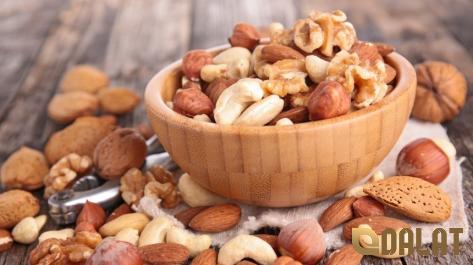 In Pad Thai, roasted peanuts are typically sprinkled on top right before serving, adding a satisfying crunch that contrasts with the soft noodles and crisp vegetables. Roasted Peanuts and Pad Thai: Pad Thai is arguably the most famous Thai dish outside of Thailand, known for its sweet, sour, and umami flavors. Traditionally made with rice noodles, tofu, shrimp or chicken, bean sprouts, and a tangy tamarind sauce, Pad Thai is a harmonious blend of textures and tastes. The addition of roasted peanuts takes this dish to new heights, providing a crunchy element that enhances the overall dining experience. When you take a bite of Pad Thai topped with roasted peanuts, you are greeted with a burst of nuttiness and crunch that complements the soft noodles and tender proteins. The peanuts add a depth of flavor and a satisfying texture that elevates the dish from delicious to unforgettable. Whether you’re a fan of traditional Pad Thai or like to put your own twist on the dish, roasted peanuts are a must-have ingredient for achieving that perfect balance of flavors and textures. Tips for Roasting Peanuts at Home: While you can easily find pre-roasted peanuts in stores, there’s something special about roasting your own peanuts at home. Not only does it allow you to customize the level of roastiness and seasoning to your liking, but it also fills your kitchen with the irresistible aroma of freshly roasted nuts. To roast peanuts at home, start by preheating your oven to 350°F (180°C). Spread shelled peanuts in a single layer on a baking sheet and roast for 15-20 minutes, stirring halfway through, until they are golden brown and fragrant. Keep a close eye on them to prevent burning, as peanuts can go from perfectly roasted to charred in a matter of seconds. Once the peanuts are done roasting, let them cool before using them in your favorite recipes or enjoying them as a snack.
In Pad Thai, roasted peanuts are typically sprinkled on top right before serving, adding a satisfying crunch that contrasts with the soft noodles and crisp vegetables. Roasted Peanuts and Pad Thai: Pad Thai is arguably the most famous Thai dish outside of Thailand, known for its sweet, sour, and umami flavors. Traditionally made with rice noodles, tofu, shrimp or chicken, bean sprouts, and a tangy tamarind sauce, Pad Thai is a harmonious blend of textures and tastes. The addition of roasted peanuts takes this dish to new heights, providing a crunchy element that enhances the overall dining experience. When you take a bite of Pad Thai topped with roasted peanuts, you are greeted with a burst of nuttiness and crunch that complements the soft noodles and tender proteins. The peanuts add a depth of flavor and a satisfying texture that elevates the dish from delicious to unforgettable. Whether you’re a fan of traditional Pad Thai or like to put your own twist on the dish, roasted peanuts are a must-have ingredient for achieving that perfect balance of flavors and textures. Tips for Roasting Peanuts at Home: While you can easily find pre-roasted peanuts in stores, there’s something special about roasting your own peanuts at home. Not only does it allow you to customize the level of roastiness and seasoning to your liking, but it also fills your kitchen with the irresistible aroma of freshly roasted nuts. To roast peanuts at home, start by preheating your oven to 350°F (180°C). Spread shelled peanuts in a single layer on a baking sheet and roast for 15-20 minutes, stirring halfway through, until they are golden brown and fragrant. Keep a close eye on them to prevent burning, as peanuts can go from perfectly roasted to charred in a matter of seconds. Once the peanuts are done roasting, let them cool before using them in your favorite recipes or enjoying them as a snack.
…
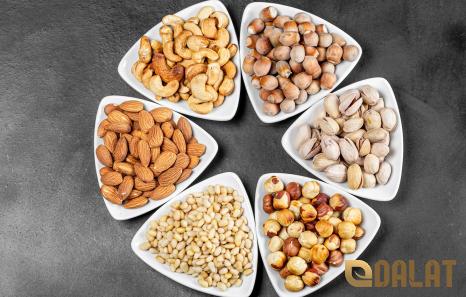 You can season the peanuts with salt, spices, or even a touch of honey for a sweet and savory treat. Experiment with different seasonings to create custom roasted peanuts that suit your taste preferences and culinary creations. Conclusion: Roasted peanuts are more than just a crunchy topping for Pad Thai; they are a versatile ingredient that adds flavor, texture, and nutritional benefits to a wide range of dishes. Whether you enjoy them in traditional Thai recipes or use them in innovative ways in your cooking, roasted peanuts are sure to elevate your culinary creations to new heights. Next time you sit down to enjoy a plate of Pad Thai, take a moment to appreciate the humble roasted peanut and the role it plays in enhancing the dish. Its nutty richness, satisfying crunch, and nutritional benefits make it a valuable addition to any kitchen. So go ahead, sprinkle a handful of roasted peanuts on your Pad Thai and savor the delicious fusion of flavors and textures that make this dish a true culinary masterpiece. Roasted Peanuts for Pad Thai: Where Tradition Meets Innovation As we delve deeper into the world of roasted peanuts for Pad Thai, it’s essential to explore how this classic ingredient is not only steeped in tradition but also open to innovative interpretations. While the traditional Pad Thai recipe calls for roasted peanuts as a garnish, modern chefs and home cooks alike are finding creative ways to incorporate peanuts into every aspect of the dish.
You can season the peanuts with salt, spices, or even a touch of honey for a sweet and savory treat. Experiment with different seasonings to create custom roasted peanuts that suit your taste preferences and culinary creations. Conclusion: Roasted peanuts are more than just a crunchy topping for Pad Thai; they are a versatile ingredient that adds flavor, texture, and nutritional benefits to a wide range of dishes. Whether you enjoy them in traditional Thai recipes or use them in innovative ways in your cooking, roasted peanuts are sure to elevate your culinary creations to new heights. Next time you sit down to enjoy a plate of Pad Thai, take a moment to appreciate the humble roasted peanut and the role it plays in enhancing the dish. Its nutty richness, satisfying crunch, and nutritional benefits make it a valuable addition to any kitchen. So go ahead, sprinkle a handful of roasted peanuts on your Pad Thai and savor the delicious fusion of flavors and textures that make this dish a true culinary masterpiece. Roasted Peanuts for Pad Thai: Where Tradition Meets Innovation As we delve deeper into the world of roasted peanuts for Pad Thai, it’s essential to explore how this classic ingredient is not only steeped in tradition but also open to innovative interpretations. While the traditional Pad Thai recipe calls for roasted peanuts as a garnish, modern chefs and home cooks alike are finding creative ways to incorporate peanuts into every aspect of the dish.
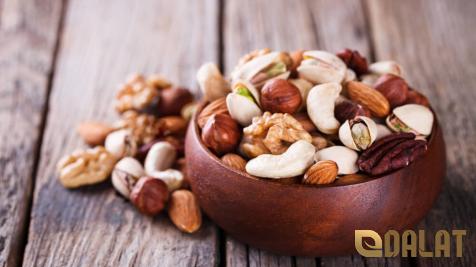
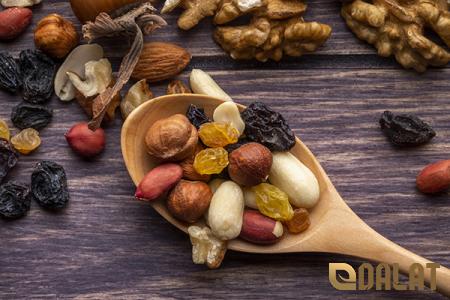
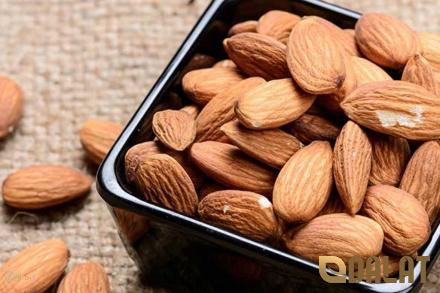
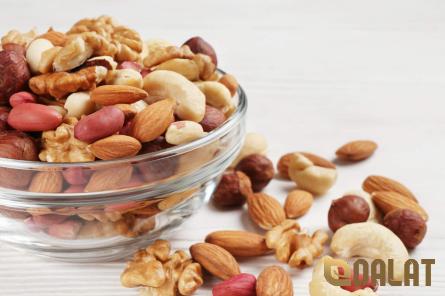
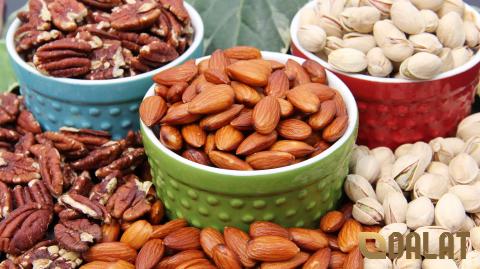
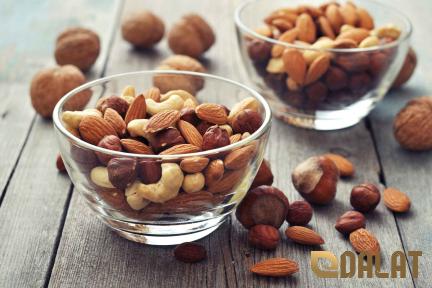
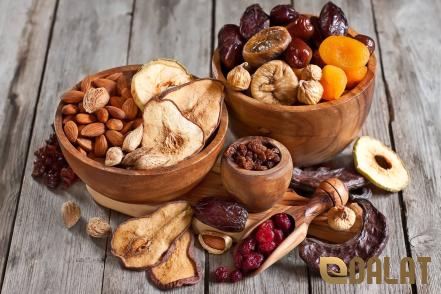
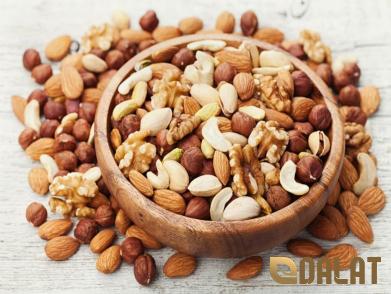
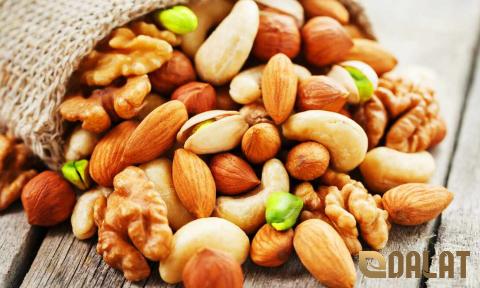
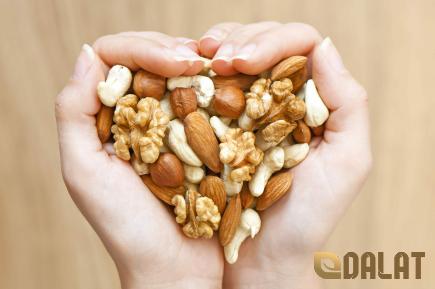
Your comment submitted.